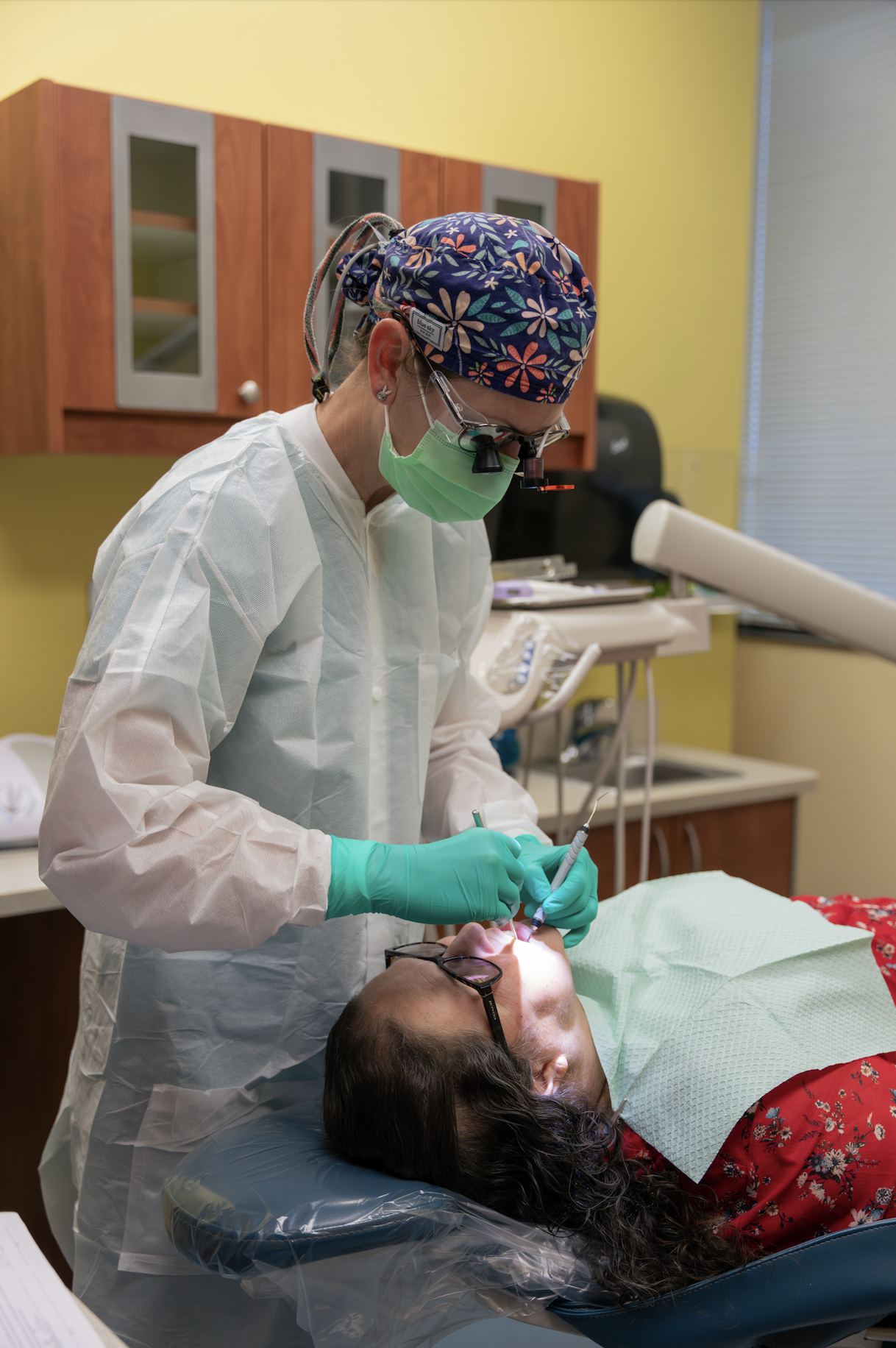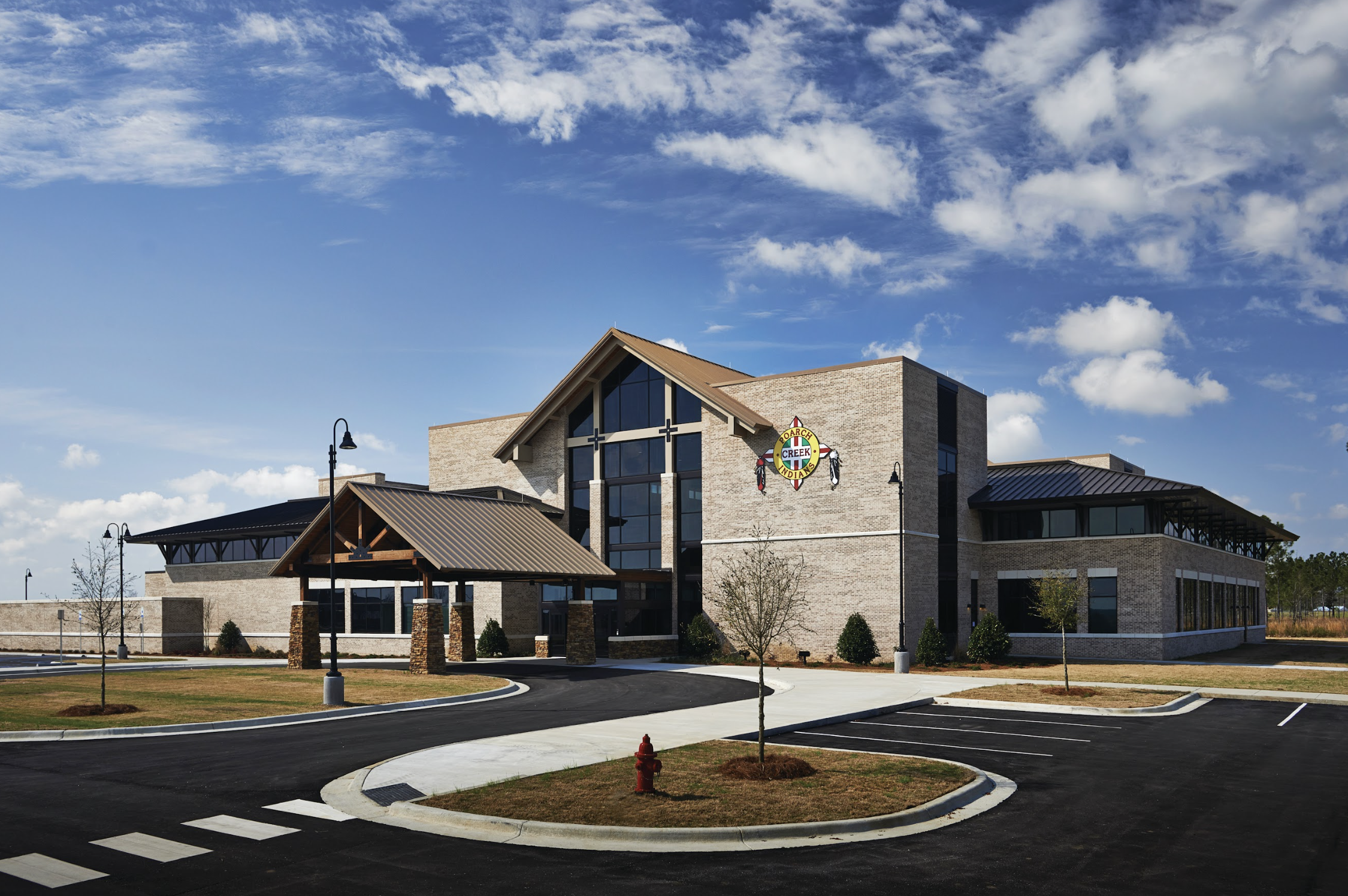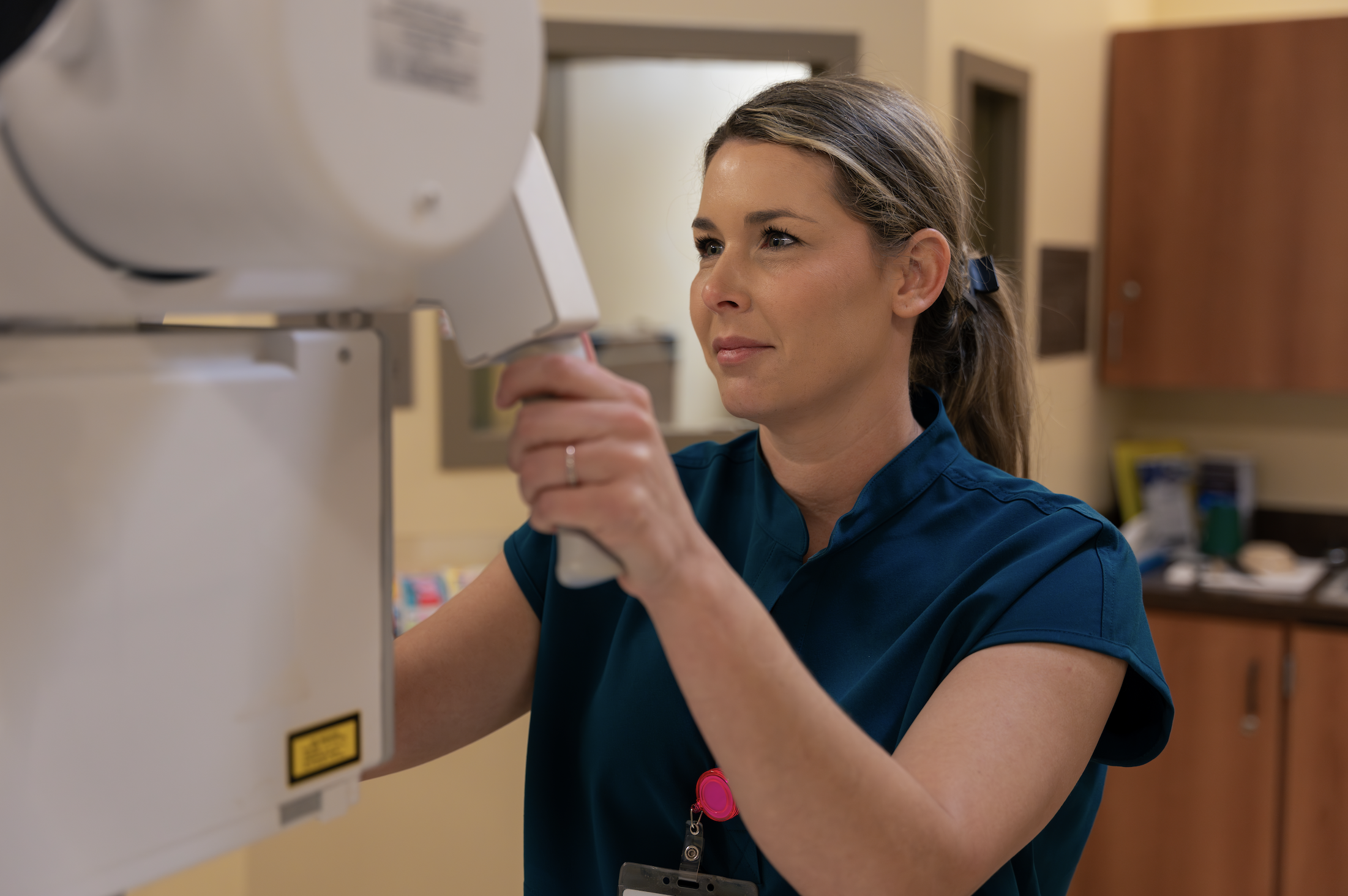A Story of Healing: Past and Present in the Poarch Creek Indian Community
Share this:
In honor of Native American Heritage Month this November, the Poarch Creek Indians will share weekly stories that celebrate key aspects of the Tribe’s culture, history, and a fresh look at the future.
In the early twentieth century, the Poarch Creek Indian community thrived on the strength of family, tradition, and resilience. Yet behind this enduring spirit were years marked by economic hardship, segregation, and limited access to medical care. With few doctors and hospitals available in the Escambia County area, healing often came from the hands of elders using traditional herbal knowledge and cultural practices that were passed down through generations. In a world where formal healthcare was a rarity, and medical care minimal, our people relied on the wisdom of our past to sustain the health of their future.
Structural barriers including limited transportation, few clinics nearby, racial segregation in the South, and economic constraints meant many Tribal Citizens delayed care or went untreated. Because of this, chronic illness, infectious diseases and injuries, as well as a lack of preventive screenings were common. Our community had to rely on the few collective resources that were available.
That began to change after our Tribe gained federal recognition in 1984, with Tribal initiatives that changed our community’s ability to care for itself. We began to build infrastructure for healthcare, public services, elder care, education, and more.

Poarch Health Department, Atmore, AL.
Between the 1990s to 2000s, the Tribal health program was established to operate a full-service outpatient clinic that provided health, medical and dental services to Poarch Creek Citizens. This move from sporadic care toward a self-governed health system was significant. It empowered our community, improved access, and created a shift from reactive to preventive care. “Even as our healthcare grows and improves, what matters most hasn’t changed,” said Tribal Council Member Keith Martin. “We just want to give our Tribal Citizens the best care possible, and we’re going to keep pushing to do that.”
Our Tribe’s investment in healthcare culminated in 2014 with the opening of the Buford L. Rolin Health Clinic: a 68,430-square-foot, state-of-the-art outpatient facility owned and operated by the Poarch Creek Indians and partially funded through Indian Health Services.

Buford L. Rolin Health Clinic, Poarch Creek Reservation, Atmore, AL.
Today, our story is one of dramatic improvement and hope. The Buford L. Rolin Health Clinic offers medical, dental, vision, and physical-therapy services in one site, a full-service lab, pharmacy, and care for elders and families. What’s more, the cost barrier is largely removed for Tribal Citizens with some free services available for Tribal families. This has helped change behavior and encourages people to seek medical care earlier, engage in preventive screenings, and treat conditions before they become severe.
Understanding the historic challenges of limited medical services, our Tribe’s commitment to providing accessible healthcare for Alabamians extends beyond our own walls. Part of this can be seen in our charitable giving efforts in the support of improved healthcare all across the state. Preventive measures are emphasized with the Tribe’s recent donation of $25,000 to fund CPR training in local schools in Escambia County, showing a community-wide investment in lifesaving skills and health literacy. We have also supported regional health resources with a $750,000 donation to the Atmore Community Hospital to upgrade equipment and support rural health access.

Poarch Health Department, Atmore, AL.
In addition, the overall infrastructure of the reservation has grown to include better roads, utilities, community centers, elder care facilities, and health-support services. These social improvements aid in shifting the mindset not in just treatment but in approach. People are encouraged to come in early, get screenings, and manage chronic conditions as a part of whole-health.
From humble beginnings in a small metal building in 1985 to the expansive Buford L. Rolin Health Clinic that serves the community today, our Tribe’s journey in healthcare is one of vision, perseverance, and pride. It is a story of transformation from a time when healing was passed down through generations to an era where premier care is available within our own Tribal lands. Our past shaped our strength. Our future is built on care.